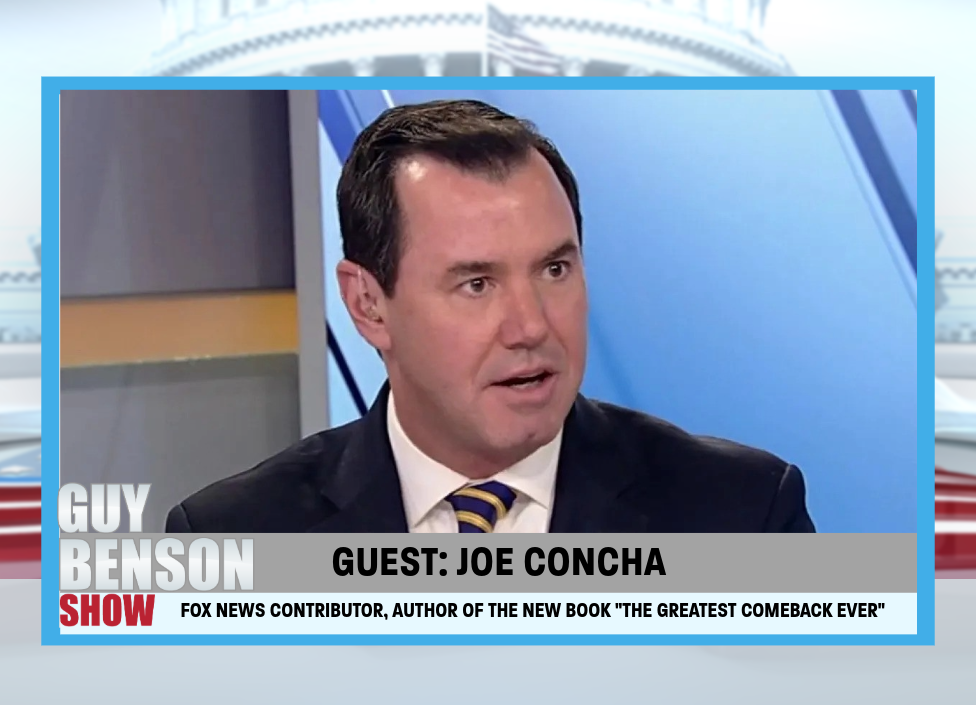Copyright reason

Argentina's libertarian President Javier Milei won an important election victory on Sunday when his coalition, La Libertad Avanza (LLA), received a plurality of votes in the country's legislative elections. With about half of the seats in the lower house up for grabs and a third of the Senate, LLA didn't gain a majority, but it dramatically increased its share enough to block repeals of presidential decrees by lawmakers from other parties and to support presidential vetoes. As Reason's César Báez commented, the results give Milei and his allies crucial time to continue needed free-market reforms and, hopefully, restore the fortunes of a country once held up as a model of prosperity, but which has been driven into poverty by decades of statist misrule. In what it calls "a shocking electoral victory," La Nacion reports that LLA pulled 40.66 percent of the vote. That's well ahead of the opposition Peronists, who have long dominated the country and drew 31.7 percent of votes. Importantly, LLA won the populous province of Buenos Aires (home to 40 percent of voters), a Peronist stronghold where Milei's allies were recently trounced in local elections. From Wealth to Poverty Under Government Economic Meddling This is good news for anybody who hopes for the advance of freedom, of course. But it's especially encouraging for Argentines who, over the course of generations, have seen their country reduced from one of the wealthiest in the world to an impoverished basket case. "At the end of the 19th century, economists agreed: Argentina, the 'land of silver,' had a golden future ahead of it," Deutsche Welle noted in 2020. "'Rich like an Argentine' was a common phrase at the time." The German broadcaster added, "in an unprecedented fall, Argentina went from ranking among the world's top economies to one at the very bottom of the list. Today, economists simply roll their eyes at the fate of Argentina, which is now a developing country." The reason is simple enough: Argentines handed their political fates to a man named Juan Peron. In the 1930s, Peron served as a military observer in Europe, traveling to countries including Germany, Italy, and the Soviet Union. He was deeply impressed by some of the worst ideas to ever motivate a government and blended them into his own "justicialist" ideology. Through decades of political dominance, first Peron and then successor justicialists demonstrated that, in practice, there's no real difference between fascism and socialism and that statist economics by any name are destructive. To illustrate just how destructive Peron's legacy has been, it's worth pointing out that after Sunday's election, The Wall Street Journal reported that Milei's free-market, smaller-government policies "have restored some credibility to Latin America's third-largest economy, but about one in three people still live in poverty." One-third of the population living in poverty is horrifying, but what's remarkable is that this is an improvement over what went before. At the end of the preceding Kirchner presidency, poverty stood at 41.7 percent and then briefly rose to 52.9 percent before falling to its current level. "The first year of Javier Milei's government, defined by the elimination of controls, an adjustment in dollar values and rates and a drop in spending, ended with poverty lower than that left by Alberto Fernández and Cristina Kirchner, due to the decrease in inflation, improved income and some economic sectors, and relative job stability," La Nacion's Francisco Jueguen noted in March. Argentina has long been known for inflation, which often seems to reduce the peso to novelty status rather than its intended purpose as a store of value and means of exchange. Inflation now stands at an annual rate of 31.76 percent. But that's down from 211.41 percent in 2023 (Milei took office in December of that year) and 117.76 percent last year. Milei's Reforms Bear Fruit This year, under the leadership of Milei and the LLA, the Argentine government not only balanced its books but reported a budget surplus for the first time in 14 years. That task was made easier by lightening the government's workforce; the Argentine government has consolidated ministries and slashed staffing by roughly 10 percent since the libertarian took office. Milei and his allies have also begun privatizing state-owned companies. It's impossible to overstate just how sclerotic the Argentine economy became under the Peronists. Like people everywhere, Argentines don't like high prices and they complain when they encounter them. Generations of statist politicians responded with price controls, including restrictions on residential rent. Last September, The Wall Street Journal's Ryan Dubé and Silvina Frydlewsky reported that "in Buenos Aires—a city dubbed the Paris of the South for its broad avenues and cafe culture—many apartments long sat empty, with landlords preferring to keep them vacant, or lease them as vacation rentals, rather than comply with the government's rent law." The Milei government scrapped price controls and owners quickly put them back on the market. The new supply did what price controls couldn't with a "40% decline in the real price of rental properties when adjusted for inflation." No Guarantee of Ultimate Victory Such reforms have benefited Argentines, but they also result in displacement and some pain. And Milei has made a few missteps along the way. He might not have won this election if the Trump administration hadn't agreed to a large currency swap to prop up the overvalued peso. It's not technically a bailout—except that the U.S. will probably lose money on the arrangement when Argentina swaps back the dollars. That has led to understandable criticism that the administration is spending money we don't really have to prop up an ally. But what's the value of seeing a basket-case country that repeatedly fails its citizens return to the ranks of free and prosperous nations? What's the value of seeing free-market, small-government policies given a chance to succeed—and maybe become a model to the world well beyond Argentina's borders? This may not be a bargain for Americans, but politics often involve unpleasant compromises to get anything done. Improvement takes time, and Milei and his people just got some room to let good sense sink in. "Milei's achievements are significant, but lasting change requires more than policy wins," economist Michael N. Peterson observed for the American Institute for Economic Research. "Argentina needs a societal shift toward innovation and deregulation, where individuals are free to pursue their ambitions." Milei and his LLA allies won a legislative election, but their ultimate victory is far from guaranteed. They now have a renewed opportunity to erase the status of "rich like an Argentine" as an ironic joke and make it, once again, a statement of fact—but only if Argentines embrace the transformation.



